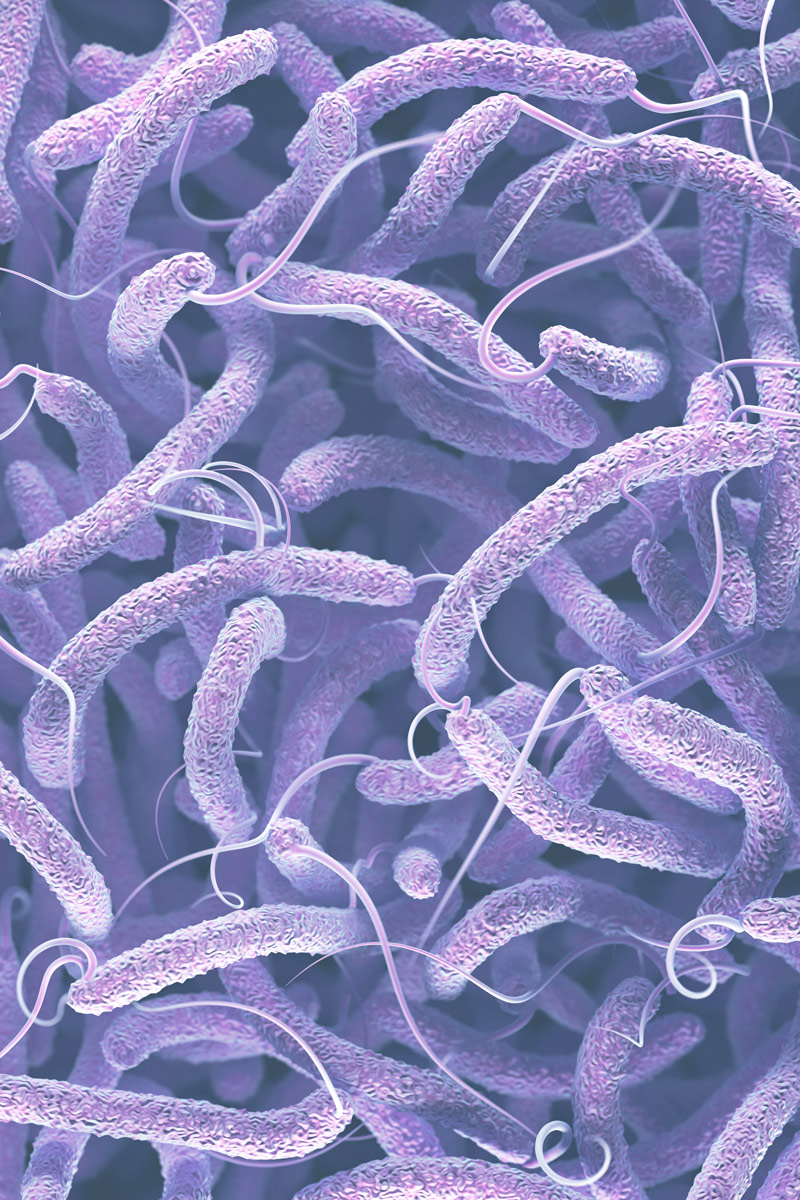Infectious

What are infectious diseases?
Infectious diseases are conditions caused by microorganisms—such as bacteria, viruses, fungi, or parasites—that can lead to illness.

Most frequent infectious diseases we can intervene in:
Fungal Infections: Candidiasis and other fungal infections
Bacterial Infections: Yersinia, Borrelia (Lyme disease), urological and enteropathogenic Escherichia coli, recurrent urinary tract infections, antibiotic-associated diarrhea, cystitis, Helicobacter pylori, Chlamydia, Pseudomonas, and other bacterial infections
Viral Infections: Viral hepatitis, herpes, influenza and related infections, prevention of influenza and winter infections, Cytomegalovirus, Respiratory Syncytial Virus, Papillomavirus, acute and chronic infectious mononucleosis, viral diarrhea, COVID-19, and other viral infections
What is the cause?
Microorganisms enter the body and cause direct damage to tissues, either locally or at a distance through the toxins they produce. Alternatively, they may trigger an immune response so intense that, in trying to eliminate the pathogens, the very tissue where this defense occurs becomes affected.
What is our objective?
Our goal is to provide the cells with the proper information to prevent disease-causing microorganisms from entering, multiplying, and destroying the cells. We aim to stop them from producing toxins or hijacking the cellular machinery for their own benefit.
How can we help?
The first step is to conduct an accurate diagnosis through a detailed interview, physical examination, and precise diagnostic techniques, such as protein profile, lymphocyte typing, serology, and others.
Once we have all the necessary data, we can support cellular autoregulation using various strategies, including Bioimmunogenetics (Bi(G)MED), nutrition and micronutrition, as well as any additional complementary treatments tailored to the specific case.

Particularities
Bi(G)Med can help both acute and chronic infections or reactivations.
A very common infection in autoimmune diseases and cancers is the Epstein-Barr Epstein-Barr virus. A virus that is latent in many individuals and which, if it experiences a reactivation reactivationThe immune system is stalled and prevented from defending itself from further damage. Its reactivation can also deplete the immune system by producing the chronic fatigue syndrome.
Now that we are in a SARS-COV-2 pandemic, we have established a protocol to optimize our immunity, in addition to providing the cell with adequate and precise information to prevent the virus from entering its interior so that it cannot multiply.


